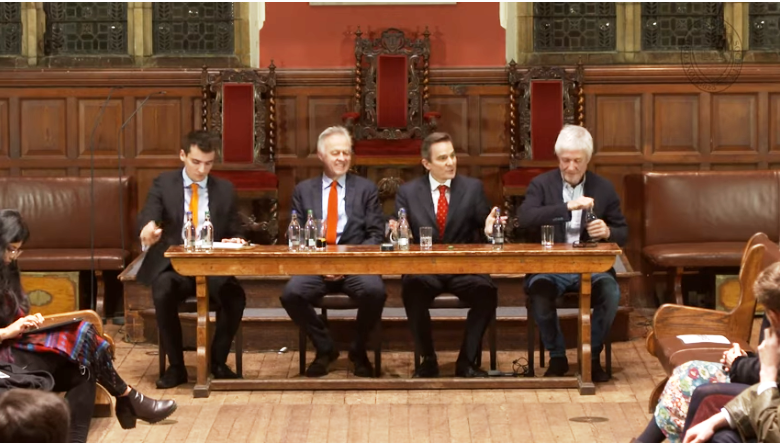Manish Banerjee
4:00
4:01
4:07
4:13
4:15
4:18
4:19
4:20
4:21
4:23
4:25
4:26
4:28
4:29
4:31
4:31
4:32
4:34
4:34
4:35
4:36
4:36
4:38
4:38
4:39
4:42
4:43
4:44
4:45
4:47
4:49
4:50
4:51
4:51
4:52
4:53
4:54
4:55
4:55
4:56
Connecting…





